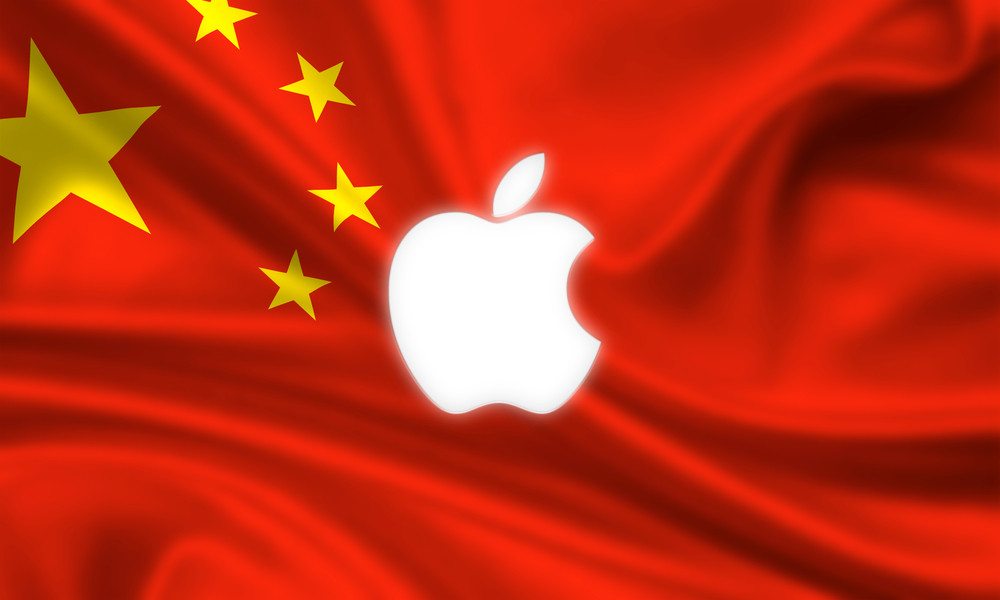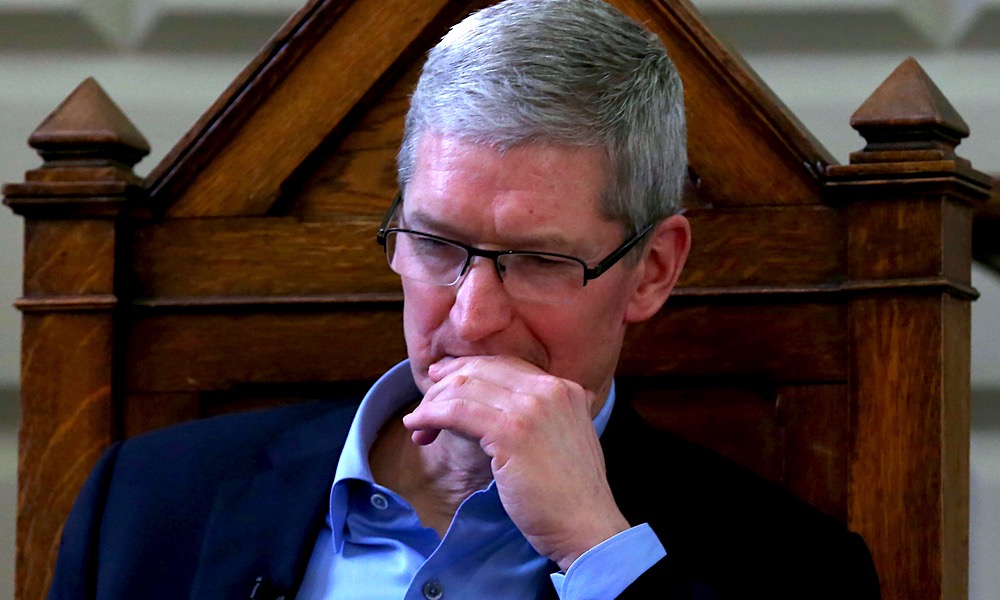Tim Cook Made a $275 Billion ‘Secret Deal’ with China Five Years Ago

Toggle Dark Mode
A new investigative report gives us a glimpse of just how far Apple CEO Tim Cook was willing to go to placate Chinese authorities in the face of threats to block many of its newer business initiatives in China.
In 2016, Apple faced several obstacles in expanding its services into China. The Chinese government had just shuttered the iTunes Movies and Books stores after only six months of operation in that country, and it was threatening to do the same for the App Store, iCloud, and Apple Pay.
Meanwhile, iPhone sales were flagging in China as local brands like Huawei, Xiaomi, Vivo, and Oppo began dominating the market, and America’s newly elected President was rattling sabers over another possible trade war.
At the risk of losing China entirely, Cook sprang into action, making regular trips to China to lobby the government for exemptions to regulatory actions and find other ways to mollify Chinese authorities.
According to The Information, Apple’s government affairs team in China crafted a 1,250-word agreement just to “win an audience” with senior government officials in Beijing, as Cook made it a priority to arrange as many in-person meetings as possible to discuss ways for Apple to work with the Chinese government.
Within weeks, Apple announced a $1 billion investment in Chinese ride-hailing startup Didi Chuxing, and while this was the largest and most public investment Apple made in China, it turns out it was the first of many. A year later, Apple invested another $507 million to build two new R&D centers in China and continued to make numerous smaller investments in Chinese tech companies and those within its supply chain in China.
The Tip of the Iceberg
At the time, Apple’s involvement in Didi Chuxing was something of a mystery. Some speculated that it must be somewhat related to the Apple Car, while others said it was purely a political and economic move. Well, it turns out the latter folks were right. The simplest answer really is most often the correct one.
In fact, Didi Chuxing turned out to be the tip of the iceberg — merely the first investment in a long-term agreement that would see Apple pour over $275 billion into the Chinese economy over the course of five years.
One billion dollars also appears to have been the price of admission into China’s inner sanctum. According to The Information, Apple’s top brass met publicly with senior Chinese government officials at Zhongnanhai, the county’s “secretive leadership compound,” only five days later.
The meeting included Cook, along with Chief Operating Officer Jeff Williams, and Lisa Jackson, Apple’s VP of Environment, Policy, and Social Initiatives — a role that puts her at the helm of Apple’s global government affairs.
Although the meeting details weren’t disclosed, they were reportedly there to sign the new economic deal, which committed Apple to “aiding roughly a dozen causes favored by China.” In addition, Apple also pledged to help Chinese manufacturers develop “the most advanced manufacturing technologies” and “support the training of high-quality Chinese talents.”
Further, Apple also promised to sign certain deals with Chinese software firms, invest in more Chinese tech companies, assist with research in Chinese universities, build more retail stores and research and development facilities, and spearhead new renewable energy projects.
Although Apple never disclosed the specific terms of the agreement, the spending certainly hasn’t been a big secret. The Didi Chuxing announcement was big news, and Apple’s other investments in China are also a matter of record, even if those don’t garner as much public attention.
The five-year agreement was also set to renew for another year in May 2021 if neither side objected, extending it until May 2022. It’s unclear if that’s actually happened, but there doesn’t seem to be any reason to believe it hasn’t.
What’s also interesting is that The Information suggests that Tim Cook was the key to all of these negotiations and remains a driving force between Apple’s international relations, particularly with China. Apple has flourished in China under Cook’s leadership, but this also means it could suffer when Cook steps down as CEO in a few years.







